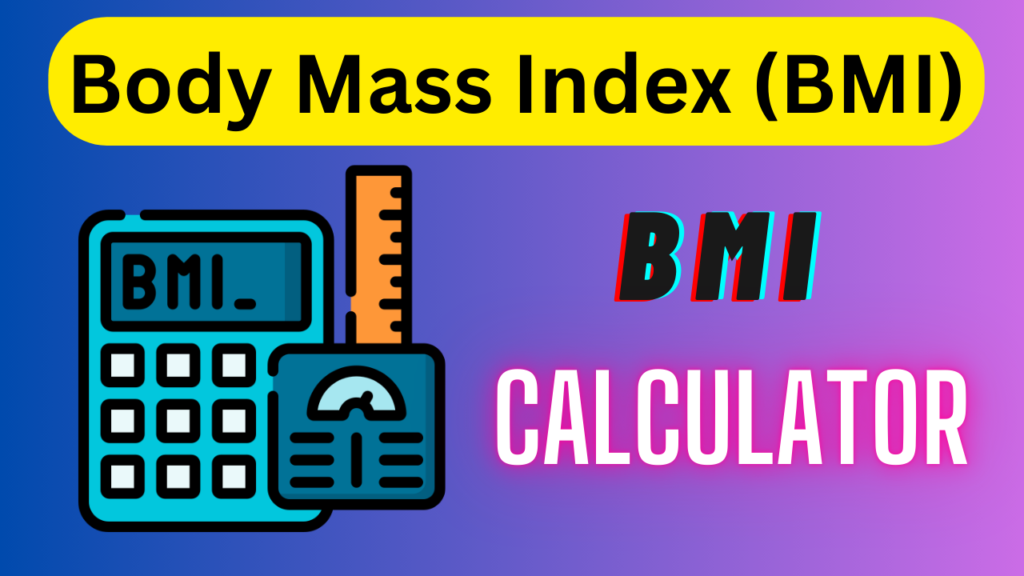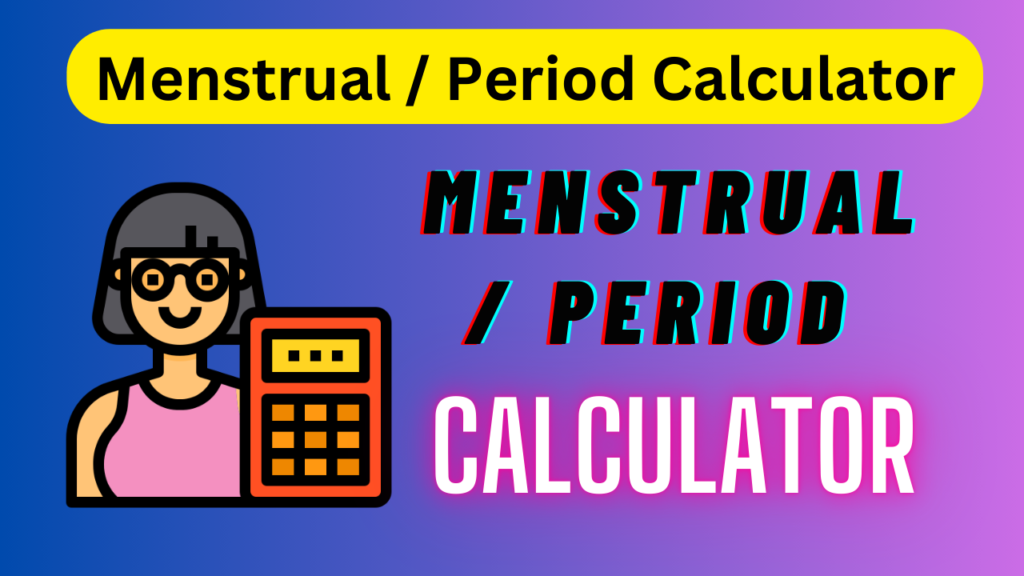Calorie Calculator
Calorie Calculator: Your Ultimate Guide to Understanding and Managing Calorie Intake
A calorie calculator is an essential tool for anyone looking to manage their weight, improve fitness, or simply lead a healthier lifestyle. Whether your goal is to lose weight, maintain your current weight, or gain muscle mass, using a calorie calculator can help you determine the exact number of calories your body needs each day. This guide will explain how a calorie intake calculator works and how it can benefit you in reaching your fitness and health goals.
What is a Calorie Calculator?
A calorie calculator is an online tool that estimates how many calories you should consume daily based on several factors. These include your age, sex, weight, height, and activity level. By calculating your Basal Metabolic Rate (BMR) and adjusting it according to your physical activity, the calculator gives a personalized result on how many calories you need to reach your goals.
How Does a Calorie Calculator Work?
The calorie calculator works by first determining your BMR, which represents the number of calories your body needs to perform basic functions like breathing and digestion at rest. It then adjusts this number based on your activity level:
- Sedentary: Minimal physical activity
- Light: Light exercise or activity 1-3 days a week
- Moderate: Moderate activity 3-5 days a week
- Active: Intense exercise 6-7 days a week
- Very Active: Highly active with physical labor or athletic training
Depending on whether you aim to lose weight, maintain weight, or gain muscle, the calculator will suggest a calorie range that fits your goal. For example, to lose weight, the calculator might suggest a calorie deficit, while to gain muscle, a calorie surplus would be necessary.
Why Use a Calorie Calculator?
- Achieve Weight Goals: Whether your goal is to lose weight or gain muscle, a calorie calculator gives you a clear idea of how many calories you need to consume to meet your target.
- Personalized Nutrition Plan: The calorie calculator provides results based on your individual metrics, offering personalized insights into how much food your body needs.
- Manage Daily Calorie Intake: By tracking your daily calorie intake, you can make more informed decisions about the food you eat, leading to better long-term health and fitness results.
How to Use a Calorie Calculator Effectively?
- Input Accurate Data: Always enter the most accurate data regarding your age, weight, and activity level for precise results.
- Adjust Your Activity Level: As your fitness level changes, revisit the calculator to adjust for changes in your activity level.
- Set Realistic Goals: If you want to lose weight or gain weight, make sure your goals are achievable. A steady and moderate approach is the healthiest way to manage your weight.
What Affects Your Calorie Needs?
Several factors affect your daily calorie needs:
- Metabolism: Your body’s ability to burn calories varies from person to person.
- Activity Level: The more physically active you are, the more calories you burn.
- Age: Caloric needs decrease as you age due to a slower metabolism.
- Gender: Men typically require more calories than women due to a higher muscle mass.
Understanding these factors is key to using a calorie calculator effectively and reaching your fitness goals.
Best Practices for Using a Calorie Calculator for Weight Loss
If your goal is weight loss, a calorie calculator for weight loss can be a game-changer. Here are some tips:
- Create a Caloric Deficit: To lose weight, you need to consume fewer calories than your body burns. The calculator will guide you in determining this deficit.
- Monitor Progress: Use the calculator frequently to monitor your progress as you lose weight. Adjust your calorie intake as your weight changes.
- Stay Consistent: Consistency is key when trying to lose weight. Stick to the recommended calorie intake for sustained results.
Calories for Muscle Gain
For those focused on muscle gain, a calorie calculator can also help. In this case, you’ll need to eat more than your daily caloric expenditure, often referred to as a calorie surplus. Combining this with strength training will help build muscle mass.
Conclusion
Using a calorie calculator is one of the most effective ways to manage your calorie intake and reach your health and fitness goals. By inputting your data, setting your goals, and adjusting for activity levels, the calorie calculator gives you personalized insights into how much food your body needs.
Start using a calorie calculator today to take control of your diet, improve your health, and achieve your goals. Whether you’re looking to lose weight, gain muscle, or maintain your current weight, this tool can provide the guidance you need to succeed.


